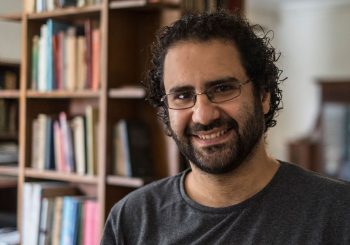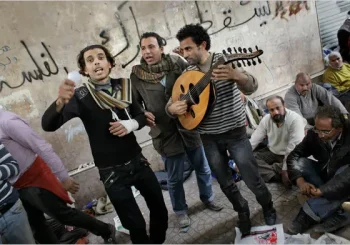Egypt has taken a step towards fostering inclusivity and ensuring a better quality of life for its aging population with the enactment of the Elderly Rights Care Law.
By offering targeted exemptions and incentives, the legislation addresses key challenges senior citizens face, including mobility, cultural engagement, and access to specialized care facilities, all of which contribute to enhancing their overall well-being.
In Egypt, the term ‘elderly’ typically refers to individuals aged 60 years and above. This definition aligns with the country’s retirement age and is used for purposes related to social insurance and pension entitlements.
According to the Central Agency for Public Mobilization and Statistics (CAPMAS), as of July 1, 2022, the number of older persons reached about 6.9 million, representing 6.6 percent of the total population.
This legislation introduces a series of financial and social benefits aimed at addressing economic challenges and promoting the active participation of senior citizens in cultural and recreational activities.
Under Article 27 of the Elderly Rights Care Law in Egypt, senior citizens are granted partial exemptions from the cost of public transportation services operated by the state.
This measure aims to ease mobility challenges for the elderly, ensuring they can travel affordably. The ministry is tasked with covering the cost of these exemptions, while the executive regulations of the law will provide the detailed framework for implementation.
Article 28 expands the benefits by mandating partial exemptions for subscription fees at state-owned sports facilities, cultural centers, theaters, certain museums, and archaeological sites.
These exemptions allow the elderly to engage in enriching activities without adding financial strain to their lives. Notably, these provisions are structured to avoid imposing additional burdens on the general state budget, as specified by the law’s executive regulations.
Article 29 offers financial incentives to support the development and maintenance of elderly care facilities.
First, exemptions from taxes and fees for building licenses to establish housing or shelter facilities for the elderly within social institutions. To prevent misuse, properties benefiting from this exemption cannot be repurposed or sold for non-elderly-related uses within 10 years of of receiving the benefit.
Second, exemptions for licenses to renovate or modify existing facilities, ensuring that care centers remain functional and updated.
The law mandates that the Ministry of Finance collaborates on drafting the executive regulations, which will outline the rules and procedures for these exemptions.







Comments (0)